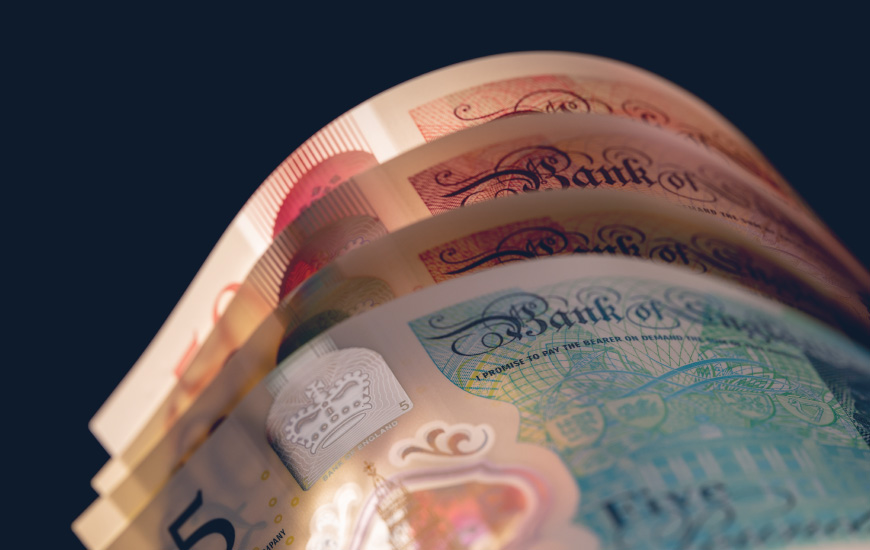What are the new digital ways to pay?
Today there is greater choice than ever in how to pay for things.
Contactless technology is used in many debit and credit cards. Then there are services that store payment cards digitally (like PayPal or Apple Pay), allowing contactless payments to be made using a PC or smartphone. Other services link your mobile phone number to your bank account so you can pay someone by sending a text.
Most of these innovations are about making it easier to pay for things. It is the same underlying systems that make a secure payment possible whenever you pay by debit card – whether it’s contactless or using a PIN, in-store or online.
It is worth noting that digital currency schemes, like Bitcoin or Ripple, are an altogether different thing. They combine new payment systems and new currencies. So to pay for things using Bitcoin, say, you would first need to buy bitcoins (using pounds, US dollars, euros etc).
Is cash in decline?
Despite these innovations, cash – banknotes and coins – continues to be important.



This is, perhaps, surprising: people do not (generally) hold £1,000 in cash.
So how is all this cash being used?
A large amount of banknotes are held in the UK to pay for things: the cash in our wallets; in shop tills; in banks and ATM machines. People also hoard cash as a form of savings. Large sums are also likely to be held overseas or for illegal uses: the so-called ‘shadow’ economy.
What does the future hold for cash?
Over the coming years, it is likely that alternative digital payment methods will become ever more widely accepted and used. In fact, in 2017, debit cards overtook cash as the most frequently used payment method in the UK.
Even so, many people will continue to use cash in their daily lives. Many people say that they like cash because:
- It is a fast and convenient way to pay
- It is very widely accepted
- It is helpful for budget management
From paper to polymer banknotes
We have been issuing banknotes for over 300 years and make sure the banknotes we all use are of high quality.
While the future demand for cash is uncertain, it is unlikely that cash will die out any time soon.
The new £5 note, which entered circulation in September 2016, was our first note to be printed on polymer – a thin, flexible plastic. The £10 note followed in 2017. And in 2020, the £20 note will be printed on polymer too. This will then be followed by a polymer £50 note.

Polymer notes are stronger and harder to counterfeit. They are also resistant to dirt and moisture so they don’t become as tatty as paper notes. To find out more, click on the links below.
Despite the new digital ways of paying, the continued use of cash means there is a need to produce banknotes that are fit for purpose.
